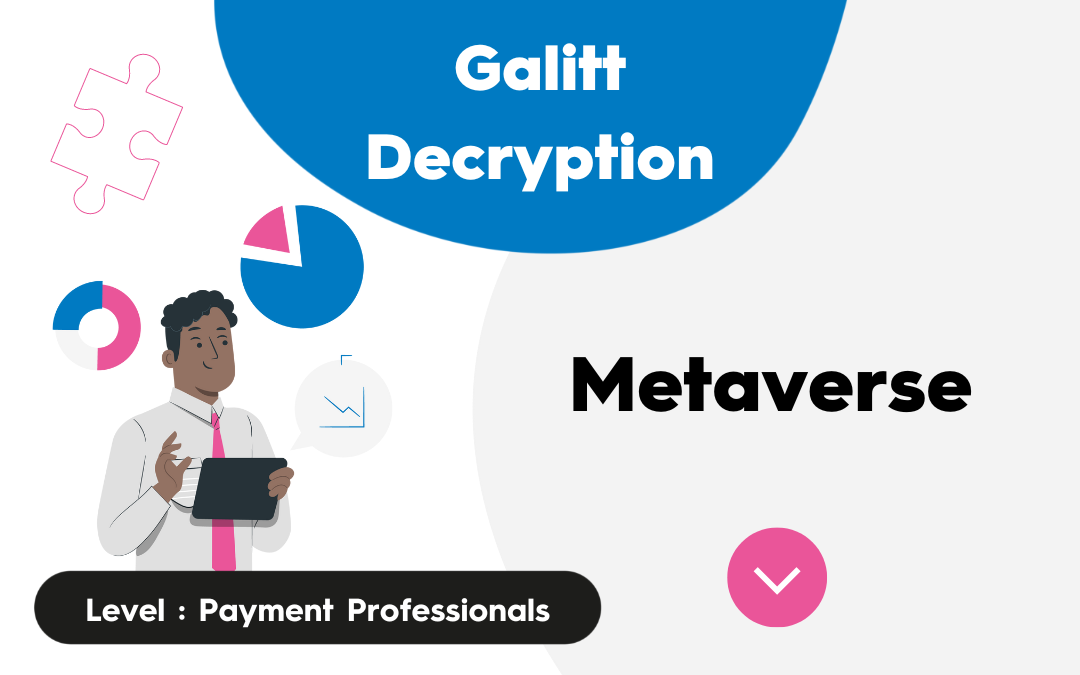City governments see their future in the metaverse

After digital identity and digital currencies, several governments have taken the initiative to develop city replicas in the metaverse. Indeed, as soon as citizens will be in these virtual universes, city administrations will have to consider and solve in the metaverse the problems already existing in the physical world. This is a crucial issue for the world of tomorrow, particularly in terms of cybersecurity, sovereignty and the digital transformation of administrations.
Facts
Recently three governments have launched several initiatives around the metaverse:
United Arab Emirates:
- In September 2022 the first state-sponsored metaverse office was established for the purpose of hosting official meetings or signing statements of understanding.
- Sharjaverse was born out of a collaboration between Multiverse Labs and the Sharjah Commerce & Tourism Development Authority (SCTDA). The city of 1.8 million inhabitants has been duplicated in the metaverse. It has a ‘Virtual Transaction Center’ in order to interact with government officials to process official documents or receive information about the city. The objective is to bring tourists and stimulate the digital economy of the country.
- The UAE plans to extend this experiment to tourism, education, trade, real estate and the civil service.
- The Dubai Metaverse also aims to create 40,000 jobs and could bring in $4 billion over the next 5 years.
South Korea:
- The government wants to invest about 177 million dollars in the metaverse development project as part of the “Digital New Deal” program.
- The main objective is to offer South Koreans a digital avatar as a real passport to facilitate their administrative procedures and their relations with the State.
- They are now preparing for specific regulatory changes related to the metaverse to protect citizens, including against online harassment of minors.
China:
- The International Data Corporation estimates that by 2025, about 37 million Chinese will have a virutal identity to circulate in the metaverse.
- The Chinese government has decided to invest in the development of a state-approved metaverse platform, which will be called Chinaverse.
Issues
- Framing the web3 to protect against cybercrime: with the rise of cybercrime (online fraud, identity theft, money laundering, harassment, cyber-murder, …), governments are seizing the subject of the metaverse to anticipate tomorrow’s issues, in a legal framework that remains very vague for the moment. In any case, city administrations have become aware that the problems they were facing in the real world would be replicated in the virtual world. For some of them, the web3 is an opportunity to set up a better traceability of transactions, via the establishment of a digital identity, but also to control more the uses of their inhabitants, which raises several problems related to the exercise of citizenship.
- Facilitating administrative digital procedures: the metaverse will also help save time for citizens, particularly in carrying out their administrative procedures. This implies, on the side of the administrations, ambitious objectives of simplification and digitalization of the administration.
- Stimulate the digital and tourism economy: according to a study conducted in 2022 by Ernst & Young, the potential market value of the metaverse could be close to 760 billion dollars by 2026, enough to attract a multitude of players, to prepare for the emergence of virtual tourism and, more globally, of the metaverse economy.
- An issue of sovereignty. On this subject, France is positioning itself as a pioneer. In its 2030 strategic plan, it says it wants to become the European and global hub for Web3. It must be said that the political authorities have understood the urgency of positioning themselves on advanced technologies (such as Web3 or, in another register, hydrogen mobility) to assert the country’s technological and economic sovereignty. To do so, it is counting on the financing of startups linked to the development of web3, blockchain, NFT, cloud or even metavers. In March 2023, the Paris Blockchain Week, organized at the Louvre, should be the key event of this new web3 economy.
Perspective
- The metaverse is currently experiencing a real paradox, torn between the divergent interests of players like Apple, Snapchat, Microsoft or Meta, who are trying to position their own tehnology. This war drastically complicates the interoperability of the different metavers launched recently. Today, some players in the private or public sector have already launched their own metavers (Nikeland, Epic Games, Meta, …) to stimulate their communities or sovereignty issues. However, the standardization of these universes is a major challenge, to allow interoperability and the circulation of virtual goods and people.
- For banks and financial institutions, the metaverse will make the topics of digital identity and digital currency even more burning. Following the example of South Korea, which is starting to store digital identities on a blockchain, or JCB, which is testing CBDM payments at the point of sale, these players will have to quickly position themselves as trusted third parties in a world that is becoming massively digital.



